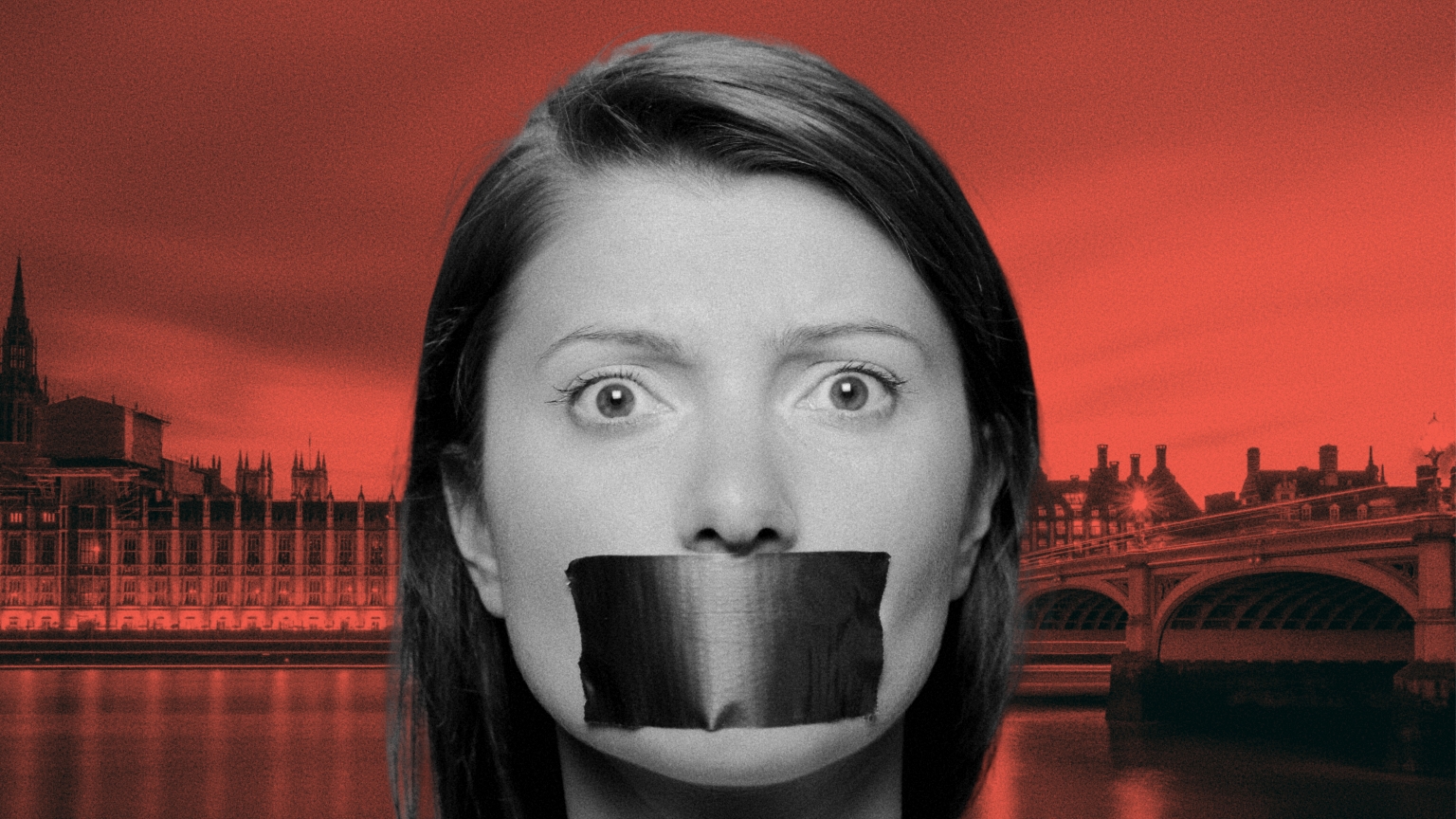The UK’s latest attempt to clamp down on free speech online, the 225 page Online Safety Bill, will give sweeping new censorship powers to the UK’s Secretary of State and its communications regulator, the Office of Communications (Ofcom), if passed.
It gives the UK Culture Secretary the power to decide on and designate “priority content that is harmful.”
Once the Secretary of State has designated this content, social media platforms and search engines that fall under the scope of the bill’s regulations have to “use proportionate systems and processes” to prevent children from encountering this priority content.
These platforms are also required to specify in their terms of service how they’ll tackle priority content that’s deemed to be “harmful to adults” and apply these measures consistently.
Additionally, the Culture Secretary gets the power to decide the user number and feature thresholds that determine whether a company falls under the scope of these requirements to remove and tackle priority content.
Collectively, these provisions give the Culture Secretary unprecedentedly broad powers to not only choose the types of speech that is allowed but to also set the rules around which platforms have to censor content.
Under the bill, Ofcom will be granted the power to issue harsh punishments to platforms that fail to meet the Secretary’s censorship demands.
These punishments include applying for court orders that restrict access to platforms in the UK and fining platforms up to £18 million ($23.78 million) or 10% of their revenue (whichever is higher).
In another authoritarian turn, if Ofcom decides that a platform is failing to comply with any aspect of the Online Safety Bill, it can also demand information from the platform via an “information notice” and require the platform to name a senior manager who can be fined or imprisoned for up to two years if they’re found guilty of failing to comply with the requirements.
The grounds that determine whether a senior manager is guilty are as broad and far-reaching as the rest of the bill. Ironically, they include being “reckless” as to whether the information they hand over is false and handing over encrypted information with the intention “to prevent OFCOM from understanding such information.”
These Ofcom powers to punish platforms and potentially jail senior managers create a strong incentive for platforms to fall in line with the Secretary of State’s censorship demands. However, Ofcom also has other powers under the Online Safety Bill that it can wield to directly or indirectly push platforms to censor.
Ofcom can require platforms to take further steps to remedy their “failure to comply” and these steps can include requiring the use of “proactive” content moderation, user profiling, or privacy-invasive behavior identification technology, incentivizing platforms to collect even more data on users.
Even if Ofcom doesn’t directly require platforms to take additional steps, the Online Safety Bill grants it other powers that can be used to make life difficult for platforms that aren’t deemed to be meeting the government’s censorship demands.
Following the playbook of the Chinese Communist Party censors, these powers include the ability to enter and inspect a platform’s premises without a warrant, perform audits, demand documents and interviews, and compel platforms to appoint a “skilled person” that has to provide Ofcom with reports about “relevant matters.”
In a nod to George Orwell’s idea of the Ministry of Truth, the Online Safety Bill requires Ofcom to set up an “advisory committee on disinformation and misinformation.”
This committee will advise Ofcom on “how providers of regulated services should deal with disinformation and misinformation” and how Ofcom can exercise its powers under the Communications Act “in relation to countering disinformation and misinformation on regulated services.”
Not only does the Online Safety Bill give unprecedented censorship powers to government departments that voters have no direct influence over but some of these powers can be exercised with limited Parliamentary scrutiny.
For example, the Secretary of State can lay regulations for harmful content for up to 28 days without any Parliamentary approval and the Secretary of State’s power to designate priority content that is harmful will be set out in secondary legislation that reportedly requires less scrutiny from Members of Parliament (MPs) than the main bill.
Additionally, the codes of practice issued by Ofcom are laid before Parliament but get approved by default after 40 days.
These increased state censorship powers are far from the only negative aspect of the Online Safety Bill. It also introduces new criminal “harmful communications” and “false communications” offenses, further empowers Big Tech, and more.
You can get a full overview of all the free speech and privacy threats posed by the Online Safety Bill here.
You can see a full copy of the full Online Safety Bill here.
The bill is currently making its way through Parliament and you can track its progress here.













